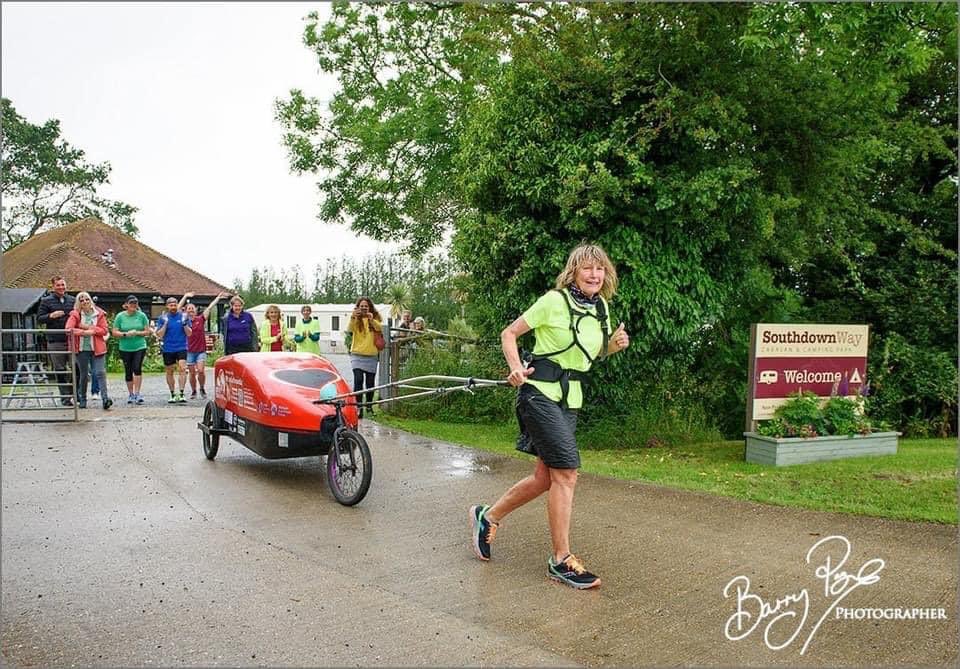
James Gingell (via The Guardian)
As a government civil servant, James Gingell was burnt out from working on Brexit and Covid. Trekking the length of Britain, from Land’s End to John o’Groats, was the change he needed.
James Gingell, via The Guardian »
Walking Land’s End to John o’Groats wasn’t the original plan. All I wanted was freedom. I had worked as a civil servant for three years, first in central government as the country grappled with Brexit, then, after the pandemic hit, on the Covid response. Through the tumult, my colleagues were pleasant and supportive, and the material circumstances of my life did not change. When I took a burnout questionnaire, though, I ticked every box: tiredness, torpor, tetchiness. I’m normally a silly person. But I wasn’t smiling much. I’m normally a creative person. But nothing was happening in my brain. I felt bleached.
…
All I wanted was to be free, of emails and objectives and obligations which could only disappoint, of defined, quantifiable purpose. I wanted to luxuriate in pure freedom, to walk in a wild, blank void. If our culture of metrics and targets and progress were more receptive to the idea of pointlessness as a point, I might instead have quoted another naturalist, Henry David Thoreau. He wrote that creative thoughts are like birds, coming to us only if they have branches to settle. “If the grove in our minds is laid waste – sold to feed unnecessary fires of ambition – they no longer build or breed with us.” I needed to do nothing but walk and wallow in swamp and marrow for the trees to heal, for the birds to come back. The walk was more to do with that.
Resources mentioned in this article »
Read the whole article »

